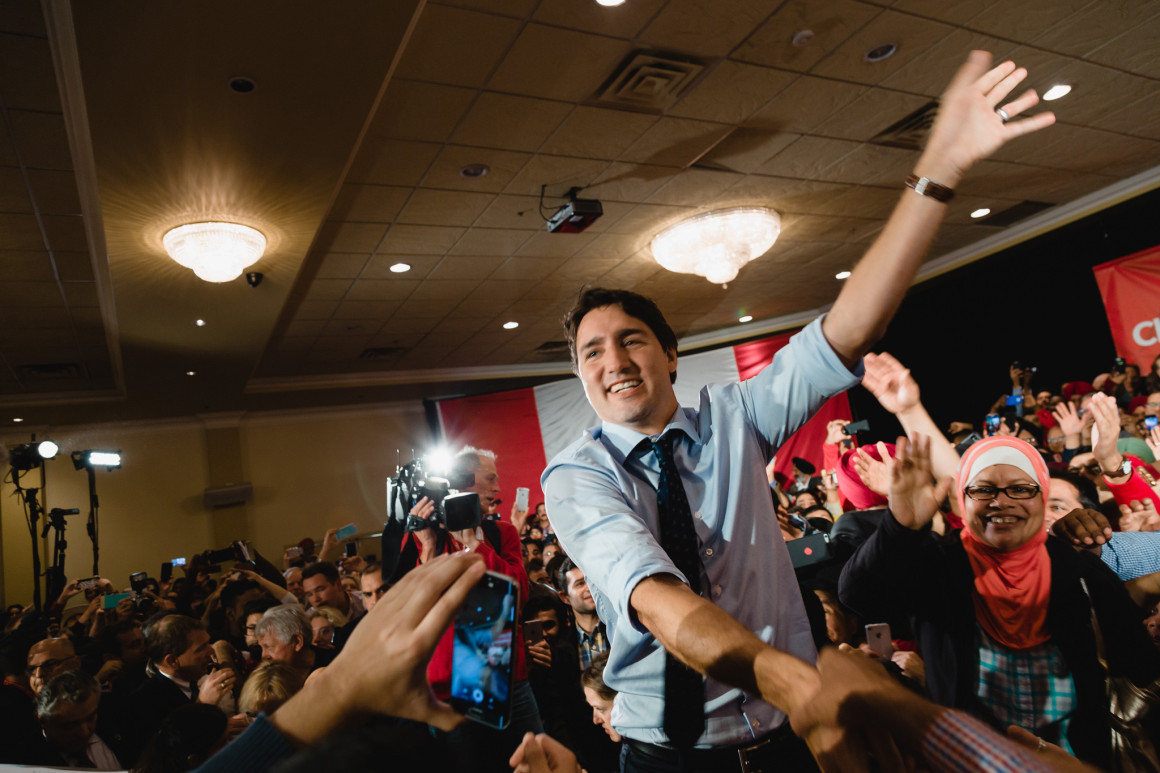
First-past-the-post isn’t perfect, but it’s better than possible electoral reform solutions were
By Derek Baker, February 7 2017 —
As the next sitting of Parliament commenced on Jan. 30, the Liberal government distributed mandate letters to its ministries. Notably missing from the mandate letter issued to the Minister of Democratic Institutions was an instruction to continue pursuing electoral reform.
The abandonment of electoral reform means that Canada will continue to use single member plurality — “first-past-the-post” (FPTP) — as its method of electing Members of Parliament to the House of Commons for the foreseeable future. Canada’s electoral system has a controversial history, with detractors from both opposition parties and the public. Electoral reform was also one of the Liberal Party of Canada’s key platform points in the 2015 federal election, and something Prime Minister Justin Trudeau emphasized through his first year in office.
Though breaking an election promise is worthy of criticism, electoral reform — especially to a party-list proportional representation or ranked ballot electoral system — fundamentally misunderstands the context and history in which the Canadian political system was created.
Calls for electoral reform often fault FPTP for creating “unrepresentative” governments. However, FPTP provides a type of representation consistent with geographic regions across the country. Regional identity is an important element in Canadian politics and was one of the founding principles of Confederation. An electoral system that does not provide a link between constituencies and Parliament — such as party-list proportional representation — would not accomodate the regional identity essential to Canadian federalism.
A person from Saskatchewan may not comprehend the significance of fishery regulations in the same way that someone from Nova Scotia would, similiar to the way someone from Quebec may not understand the impact of natural resource policies to Albertans. With FTPT, MPs are elected from regional districts rather than a party list, allowing region-specific concerns to be brought directly into the House of Commons.
This regional voice is especially important for Albertans in a province that is frequently antagonized by much of the country.
Some argue that proportional electoral systems allows for greater socio-demographics representation. This would mean a higher percentage of groups that have been historically underrepresented in government — like women, visible minorities and indigenous Canadians — to better reflect the population.
However, studies show switching to proportional representation alone does not lead to increased diversity in the House of Commons. If a party is not currently nominating underrepresented groups to run in a riding, what is the incentive to include them on the party list? Citing proportional representation as a solution to the lack of diversity in the House of Commons is flawed.
Finally, FPTP’s tendency to create majority governments allows for stable and effective legislation. On average, minority governments in Canada sit for less than half as long as majority governments. Though it may seem ideal for parties to cooperate in coalition governments, anyone who has seen a debate in the House of Commons can attest that eloquent deliberation turns into nothing more than political grandstanding.
The ability of a government to actually pass legislation unimpeded by politicking is essential if we want to get anything done. This sentiment is likely best summed up by a quote by Harvard University political scientist Samuel Beer: “representative government must not only represent, it must also govern.”
The fate of FPTP is grim in Canada, but public sentiment on a specific electoral system is divided. Ideally, when Canada’s electoral system does reform, it will be to a system that ensures regional representation and effective legislation in the House of Commons.
But the loss of the opportunity to reform to proportional representation or a ranked ballot system — two reforms suggested by the Liberal Party — is not something we should mourn.
